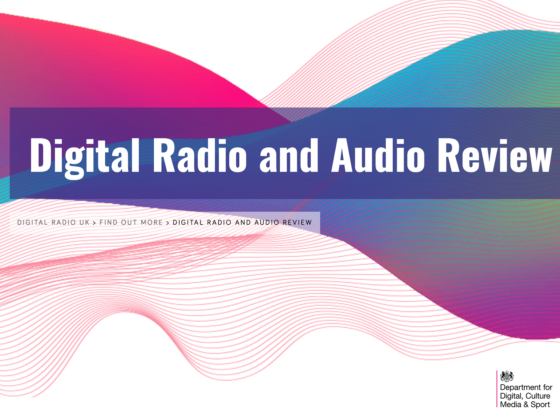What we like about the Apple Home Pod Mini… And it’s not what you think.
Transcript:
Apple announced the HomePod Mini yesterday and it’s going to be I think available from the 6th of November.
What I find interesting is that I think it sums up where Apple think voice AI adoption is right now.
Most people complain about the HomePod because Siri doesn’t have third-party conversational app support – third parties can’t build conversational apps for Siri. But you haven’t ever been able to, who knows whether you will ever be able to, but it’s just not in the HomePod Mini. That capability don’t exist.
What’s interesting is the things that it does do:
It plays music.
That was the thing that Apple were leading with. It is a music speaker. It sounds really good. It integrates with Apple Music and Apple podcasts and all that kind of stuff and so it does music well.
And music is the number one thing that everyone’s being using speakers for since the dawn of smart speakers. And so Apple just positioned it as this is the thing that you can use to do what you do with the rest of your smart speakers, only its Apple, right?
Not necessarily a bad idea to do that.
It has Siri.
The other thing is it obviously has Siri and you can ask Siri via the HomePod Mini a series of random questions.
That is the second most popular use case for smart speakers, people just ask them random question like, I don’t know. What is Margaret Thatcher’s birthday? (Why the hell did I think about Margaret Thatcher?) What day it is Halloween? That’s a that’s a better one. I got me pumpkin here. What day is Halloween? And all of those kind of things is what you can ask Siri, and the thing is that you can use it to do most of the first party stuff that you would do from Siri anyway.
You can send messages etc.
Send messages make phone calls, check a calendar, set reminders, you know, get your to do list. All of those kind of things is what you can do on the home pod mini using Siri.
And again, that’s what most people use their smart speakers for as well.
Most people are using them to do those first party things to make your life a little bit easier.
It has personalisation.
The fourth thing the that it’s got that I think is actually better than what’s out there, believe it or not, is the ability for it to recognise who’s speaking and then tailor content to whoever is speaking.
I put a video out a while back and it was looking at a patent that Apple had which was all to do with radar signals from your iPhone, coupled with voice recognition.
So it uses the presence of your iPhone plus your voice to authenticate who’s speaking
and then able to serve your content based on that.
It looks as though this is evidence of that in the HomePod Mini.
So if I ask it to play music, it ends up playing my music because I’ll have my phone close to me, if my wife asks it to play music, it’ll play her music and she’ll have her phone close to her.
Amazon have voice profiles, but they’re not widely used, Google have the same. They’ve got voice match. And so they’ve already got those functionalities, but they don’t quite work as well or as seamless as how it looks to work on the HomePod Mini.
It is just as soon as you walk into a room and because it knows that your phone is next to it and you speak, it just recognises that it’s you and a tailors everything is does based on what’s on your phone.
And so it does what a smart speaker should do: play music, get answers to questions, control most of the things that you use every day like messages and calendars and things like that, plus the added bonus of being able to have truly personalised interactions with it, depending on who is speaking.
So really, that’s not a bad start.




